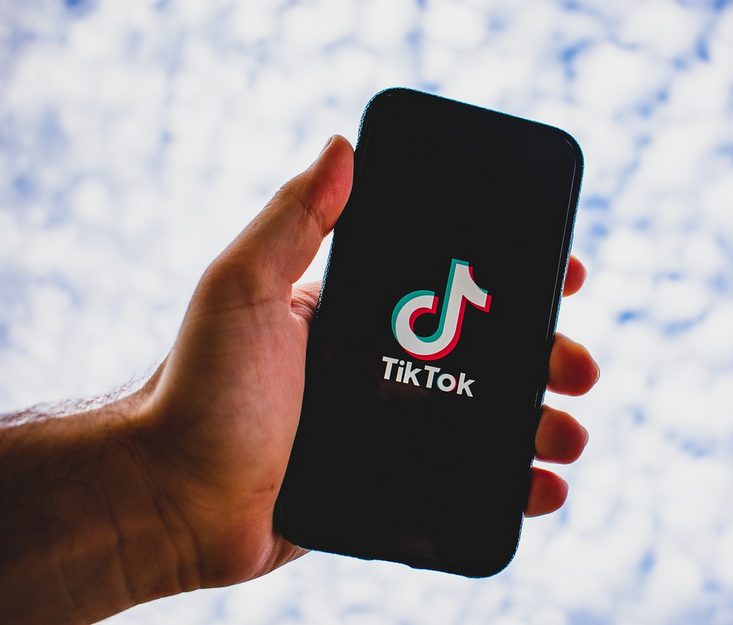In a decisive move, the House of Representatives has approved a bill that could lead to the banning of TikTok in the United States unless its Chinese parent company divests its ownership stake. The bill, tucked within a larger foreign aid package totaling $95 billion for Ukraine, Israel, and Taiwan, passed with overwhelming support, signaling a bipartisan consensus on the issue.
US House passes bill that could lead to total TikTok ban https://t.co/InViilp8Ae
— The Observer (@ObserverUK) April 20, 2024
With approximately 150 million American users, TikTok has become a cultural phenomenon. However, concerns over its ties to the Chinese Communist Party have been mounting among lawmakers. The legislation aims to address these concerns by forcing the Chinese owner to relinquish control of the popular social media platform.
The inclusion of the ban within the foreign aid package underscores the significance of the issue for national security. Lawmakers fear that TikTok’s Chinese ownership could compromise user data and privacy, potentially allowing the Chinese government access to sensitive information.
Recent controversies surrounding TikTok have only intensified calls for action. The platform has faced criticism for promoting controversial content, including videos glorifying Osama Bin Laden and encouraging dangerous challenges like choking. Moreover, in the wake of Hamas’ terrorist attacks on Israel, TikTok has been accused of disseminating propaganda and radicalizing younger users.
While the bill still needs to pass through the Senate and be signed into law by the President, insiders believe that its final passage is inevitable. The widespread support it received in the House reflects growing bipartisan consensus on the need to address the national security risks posed by TikTok’s Chinese ownership.
In conclusion, the House’s passage of the bill to ban TikTok unless its Chinese owner divests underscores the growing concerns over the platform’s ties to the Chinese Communist Party. With bipartisan support and mounting evidence of national security risks, the fate of TikTok in the United States hangs in the balance.

